Iran, Iraq resolve outstanding issues as energy minister visits Baghdad
Iran’s Minister of Energy Reza Ardakanian visited Iraq Tuesday at the head of a delegation to discuss “the capacities and ways to develop economic and trade cooperation between Tehran and Baghdad”, the Ministry of Energy in Tehran said in a statement.
He discussed with Iraqi officials the preparations for the Joint Commission on Economic Cooperation meeting between the two countries, which will be hosted by Iran this month, the statement said.
"In the coming weeks, Tehran will host a meeting of the Iran-Iraq Joint High Commission for Economic and Trade Cooperation after a six-year hiatus," he told reporters in Baghdad after meeting his Iraqi counterpart Alaa Ahmed al-Jubouri.
"A delegation from the Iraqi government will attend the summit and hold constructive consultations with the Iranian government and private sector to further develop bilateral relations," he added.
Jubouri said the purpose of the Baghdad meeting was to lay the groundwork for holding the next meeting of their joint commission in Tehran as successfully as possible, which will be attended by a high-ranking delegation from the Iraqi government.
On Saturday, Minister of Cooperatives, Labor and Social Welfare Mohammad Shariatmadari said a five-year roadmap for joint cooperation between Iran and Iraq has been prepared, hoping joint issues between the two countries would be finalized at the meeting.
The current month has been marked by a series of back and forth measures as the two neighbors which are also preparing to mark the first anniversary of the US assassination of Iran’s legendary anti-terror commander General Qassem Soleimani and his Iraqi trenchmate Abu Mahdi al-Muhandis.
Earlier, the Iraqi government closed the key Shalamcheh border with Iran, calling it a precautionary measure against the spread of a new coronavirus strain. Authorities reopened it two days later without any explanation after initially saying the borders would remain closed for two weeks.
Relations between Iran and Iraq have many detractors. The United States, which regards Iraq as its subject state after invading the oil-rich country in 2003 and occupying it for years, is riled by Baghdad’s reliance on Tehran for energy and other basic commodities.
Natural gas from Iran generates as much as 45% of Iraq’s electricity. Iran transmits another 1,200 megawatts directly. The US has had to grant repeated sanctions waivers to Iraq to continue imports from Iran, while trying to enlist its companies and allies such as Saudi Arabia to replace the Islamic Republic as the source of energy. The latest waiver for a shortened 45-day period came last month.
In the past, officials in Baghdad have said there is no easy substitute to imports from Iran because it will take years to adequately build up Iraq’s energy infrastructure. They have said American demand acknowledges neither Iraq’s energy needs nor the complex relations between Baghdad and Tehran.
However, the US and its allies in the Persian Gulf hope the current administration headed by Prime Minister Mustafa al-Kadhimi would go beyond some of the more established ways of thinking.
On Sunday evening, an Iraqi delegation sent by Kadhimi traveled to Tehran for an unannounced visit. The delegation was headed by Abu Jihad al-Hashimi, head of the former Iraqi Prime Minister Adel Abdul Mahdi’s office, and was about to convey Kadhimi’s message to Iranian officials, an informed source told the Middle East News website.
No further information was given about the content of the message and the visit received little coverage in local media.
Iran’s state gas company said on Monday it had slashed supplies to Iraq over arrears of more than $6 billion.
In a statement, NIGC said the Iraqi Ministry of Electricity owes more than $5 billion in gas bills to the National Iranian Gas Company (NIGC), of which $3 billion remains blocked and inaccessible in Trade Bank of Iraq, and more than $2 billion is overdue debt.
Iran’s money from exports of gas and electricity has piled up in bank accounts in Iraq, because US sanctions are preventing Tehran from repatriating it.
According to the NIGC statement, Iraq also owes more than $1 billion to the National Iranian Gas Company for contractual offenses under the agreement.
An Iraqi official said on Sunday the Iranian energy minister would discuss the unpaid bills during his Tuesday visit to Baghdad.
Delegations from Iran's Ministry of Industry, Mines and Trade, Ministry of Agricultural Jihad, Ministry of Petroleum, the Central Bank of Iran and Ministry of Foreign Affairs accompanied Ardakanian to Baghdad.
Ardakanian announced in his meeting later with Prime Minister Kadhimi the Islamic Republic’s readiness to resume gas exports to Iraq, a statement issued by the Iraqi premier's office said.
"According to the Iraqi prime minister’s office, the Iranian minister of energy announced Iran’s adherence to its commitments to immediately resume gas supplies to Iraq, which was recently suspended due to technical problems,” Fars news agency reported.
They also discussed bilateral relations between Iraq and Iran and ways to strengthen joint cooperation between the two countries, it added.
According to Iraq’s electricity ministry, an agreement was reached between Iraqi Electricity Minister Majid Mahdi and Ardakanian over the payment of the outstanding debt.
Under the arrangement, Iran will receive goods and use its funds in Iraq for purchase of new coronavirus vaccines from Europe.
Hamas thanks Iran, Resistance Front following achievement of ceasefire in Gaza
'Capitulation': Israeli officials and media concede Gaza defeat as truce unfolds
'Gaza has won': Social media users react to ceasefire with mix of relief, joy
Iran seeks South Korea’s assistance for AI, fiber-optic projects
VIDEO | Iran's 'Eqtedar' (Power) maneuver
Israel hits HTS military target in Syria for 1st time since fall of Assad
VIDEO | Press TV's news headlines
Israel has slaughtered 13,000 students in Gaza, West Bank




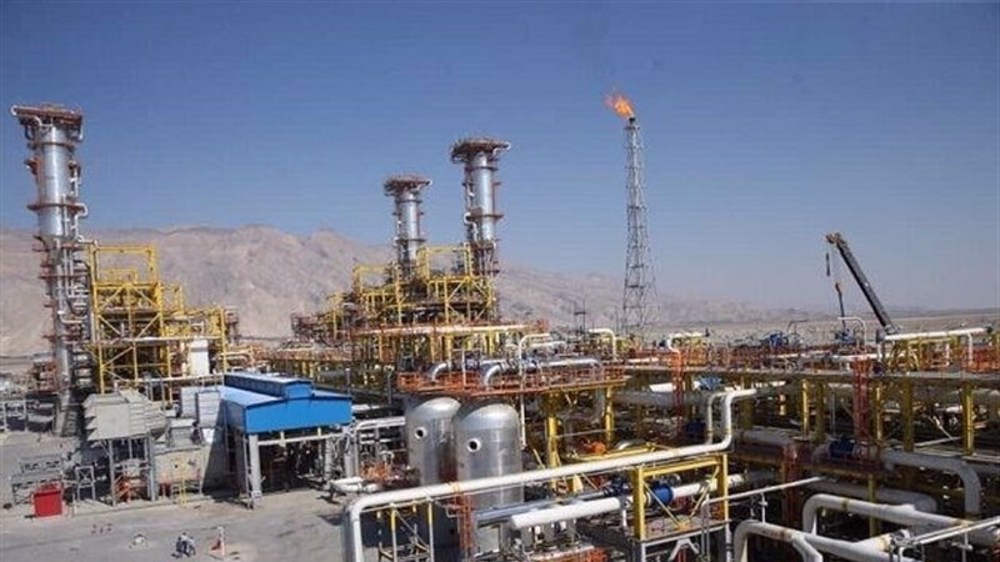
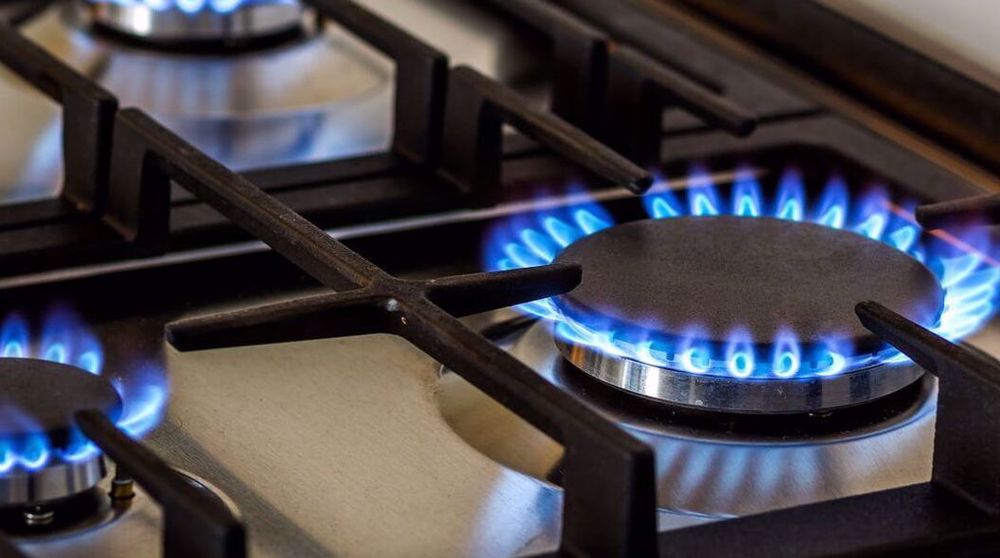
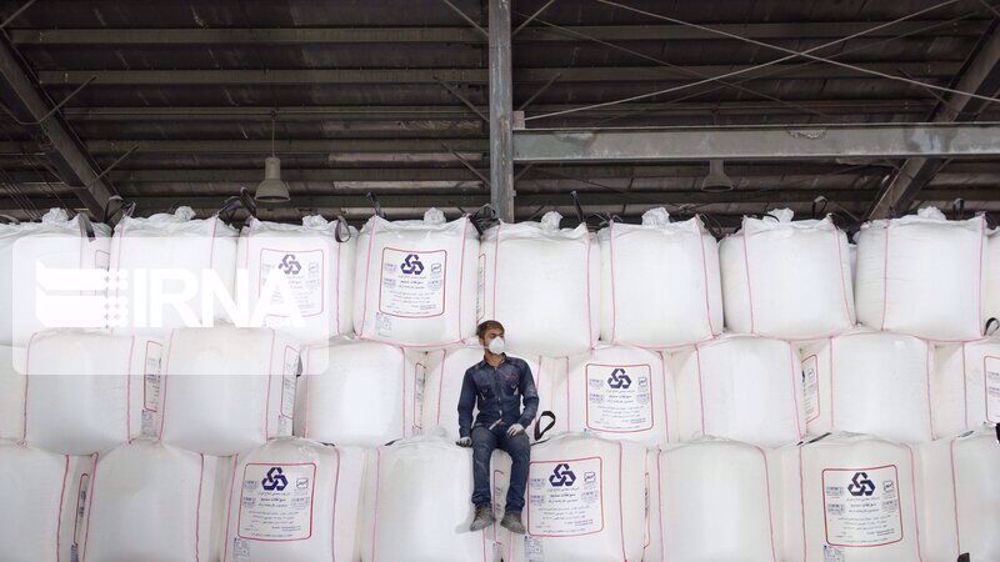



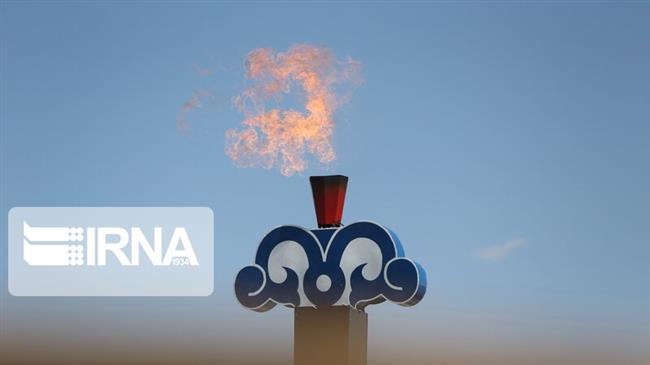
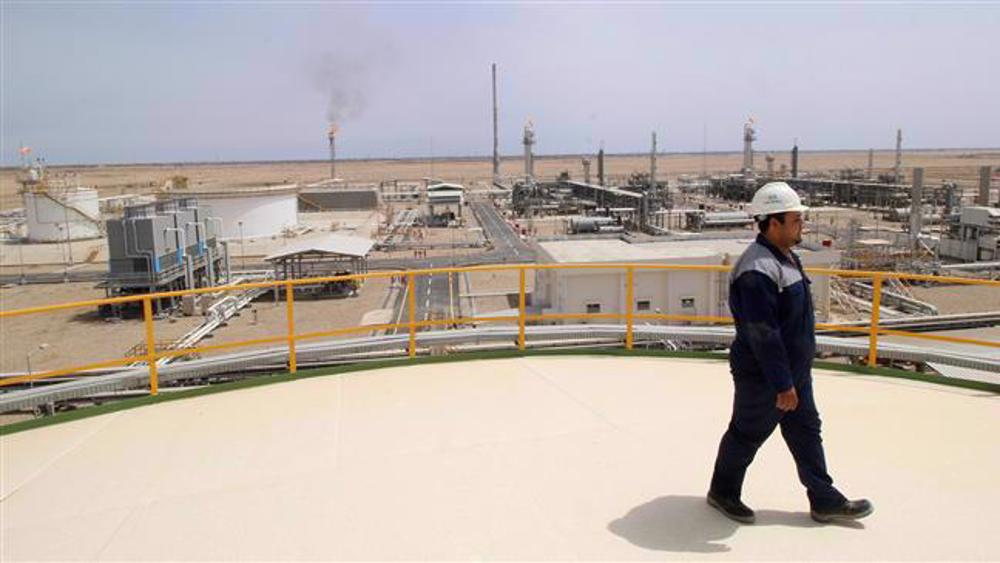


 This makes it easy to access the Press TV website
This makes it easy to access the Press TV website